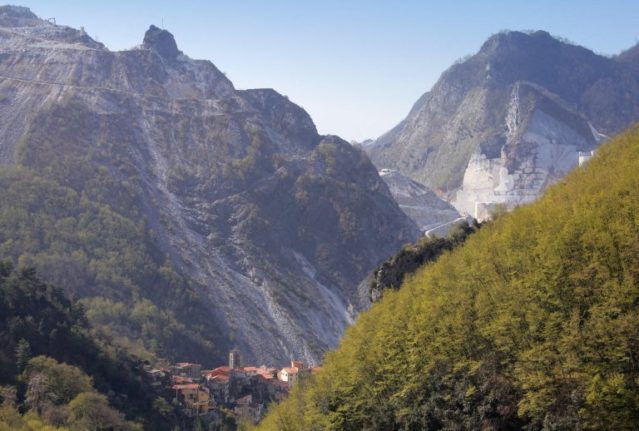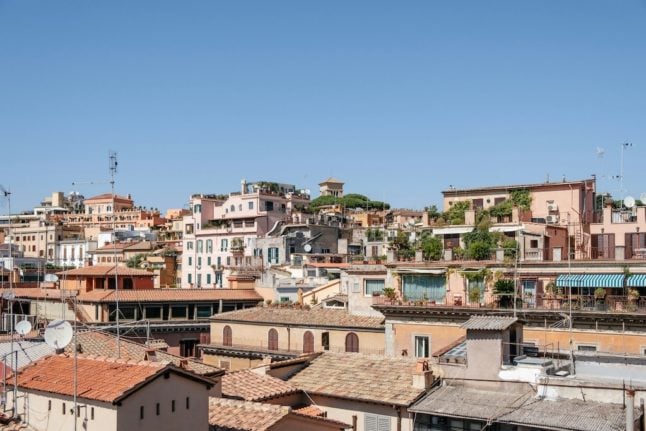From one-euro (or three-euro) abandoned houses for sale to tax breaks for foreign retirees, Italy has become famous for offering various financial incentives aimed at attracting new residents, usually to the rural south.
These schemes often target foreigners specifically, with the aim of slowing population decline, attracting investment, and breathing new life into areas where few Italians want to live.
READ MORE: Can you still buy Italy’s one-euro homes in 2024?
But a new offer from the much-loved tourist destination of Tuscany, in the centre-north of the country, is a little bit different.
Tuscany’s regional authority on Friday announced it will award grants of up to €30,000 to people relocating to the region – or parts of it.
The offer has unsurprisingly attracted the attention of many regular visitors worldwide who’d love to snap up a holiday home in the popular region, where property prices can be high.
But, beyond the major tourist destinations around Florence, Siena and Lucca, the vast, wild region of Tuscany also has large areas where homes can prove hard to sell – and populations are dwindling, as elsewhere in the country.
READ ALSO: Why Italians sell off old homes so cheaply to foreign buyers
As its name suggests, Tuscany’s ‘Residency in the mountains 2024’ scheme is aimed at people moving to a mountain town with fewer than 5,000 inhabitants.
Tuscany has 119 such towns, offering easy access to the region’s rugged, quiet mountain and forest trails as well as immersion in the local culture.
The region is offering grants of between 10,000 and 30,000 euros covering up to 50 percent of the cost of the purchase and renovation of a property in these areas.
Unlike the one-euro home offers however, this scheme is aimed at people who are already registered as resident in Italy.
You’ll need to move your residency to one of the eligible Tuscan towns, and you cannot already be living in a mountain town elsewhere in the country, according to the small print.
Non-Italians can apply, but they must be citizens of another European Union member state, or non-EU nationals holding a long-term residency permit.
If you meet the criteria and like the sound of life in the Tuscan mountains, you can find out more on the regional government’s website (available in Italian only).
But you’ll need to act quickly, as applications are only open until July 27th, 2024.
See more in The Local’s Italian property section.



 Please whitelist us to continue reading.
Please whitelist us to continue reading.
Member comments